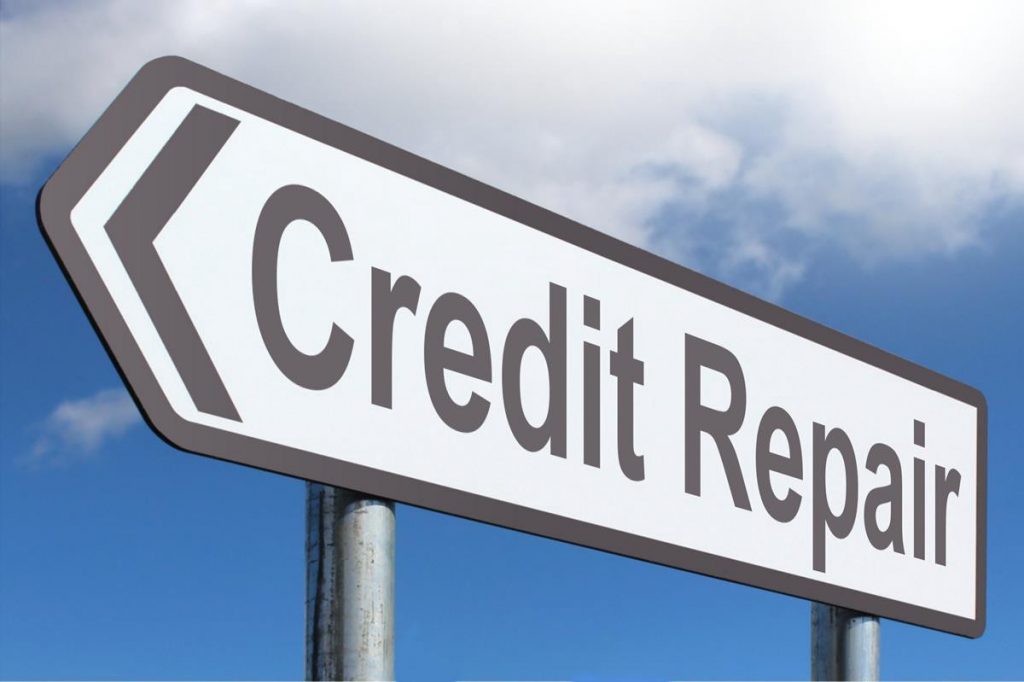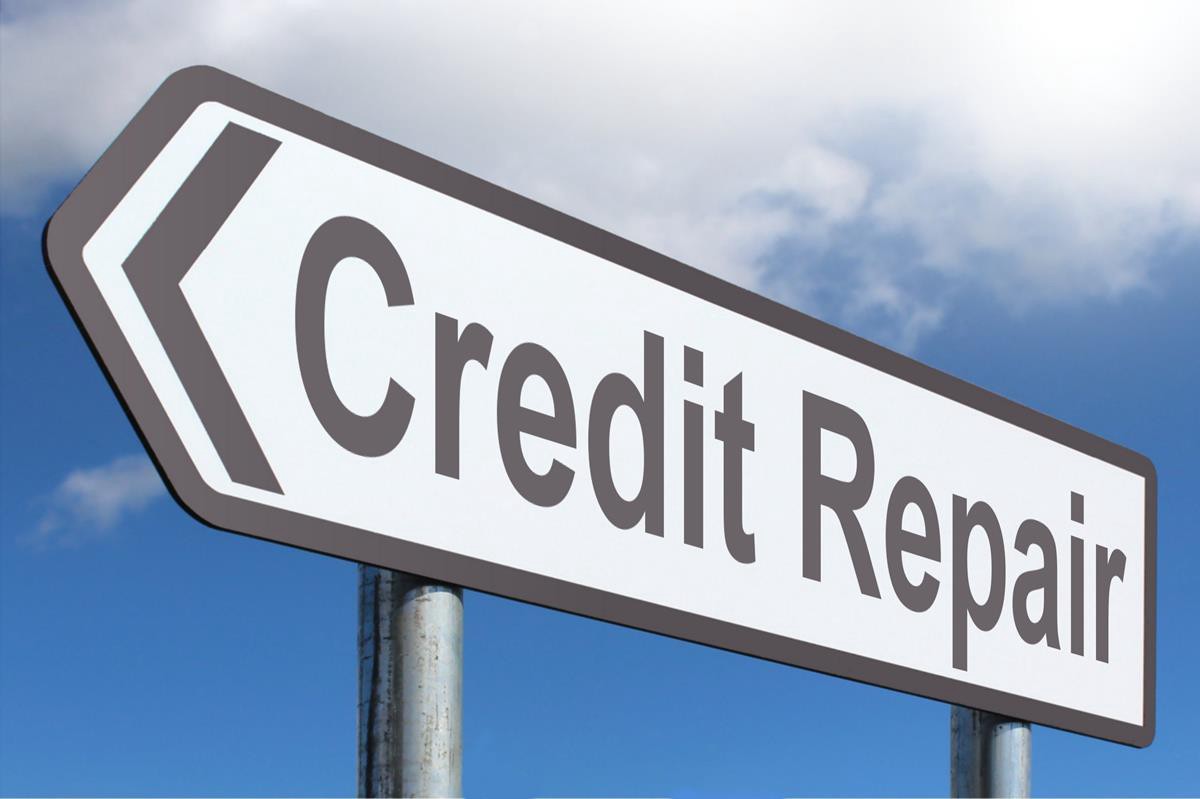Repairing your credit score is not rocket science, but believing certain credit repair myths can make it seem like it is.
‘Experts’ trying to take advantage of someone’s vulnerable bad credit situation are everywhere.
The majority of credit repair companies may be legit, but those that aren’t have managed to make the whole industry look quite bad.
Believing in credit advice given by your neighbor’s cousin Jimmy isn’t ideal either.
The guy’s intentions might be noble and he’s probably only trying to help, but it may be best to nod your head, be polite, and ignore the free financial lesson.
Truth be told, credit scores aren’t all that complicated. Believing certain myths and misconceptions though, could lead to doing more harm than good.

Here are 4 credit repair myths that many mistakenly believe to be true.
Reviewing your credit report hurts your score
Myth n.1 is false.
Reviewing your own credit history won’t result in your score dropping, since you’d be performing a “soft inquiry”.
They can also occur when potential employers take a look at your financial history or say, when a credit card company sends you a preapproved offer.
Soft inquiries, also known as soft pulls, don’t affect your credit score because their purpose is purely informational.
You have to review your credit score, otherwise how can you check your reports for errors?
Receiving a pre-approved credit card offer? As long as you didn’t specifically request it, it cannot affect your history.
A hard inquiry, however, does indeed result in a small credit drop.
Applying for credit, like a personal loan, a mortgage or a specific credit card leads to a ‘public investigation’ of your financial history.
When you apply for new credit, you’re immediately seen as a ‘risk factor’. You need additional credit for a reason, there’s always the chance you won’t be able to handle the debt.
As a result, hard pulls can result in a small and temporary score drop. It’s a small price to pay for those truly in need of new credit.
It’s also a good way to prevent people from applying for loans on a regular basis!
Credit scores can be improved at the snap of a finger
Any company that offers ‘crazy fast results’ is best to avoid! Improving your credit score is definitely doable, but in most cases it takes a bit of time.
Certain mistakes can take years to be erased from your report. Late payments, unpaid debt, bankruptcy filed under Chapter 13 are just a few examples.
However, since many are desperate to see quick results, they often fall victim to credit repair scams.
Many companies promise clients a whole new credit identity. They promise the illusion of literally starting over with a clean slate. Magically erasing your bad credit history with a brand new CPN though, is downright fraudulent!
Others swear they can repair your credit really fast by using ‘secret methods’. But… are you sure you can trust someone who keeps secrets from the government?
As you can imagine, these are not legit was to repair your score!
Asking for help when you clearly have a hard time repairing your credit history on your own is recommended. However, lightning fast credit repair is just a myth.
Using credit cards less helps improve credit score
While paying cash for every purchase is wise if it helps keep your spending under control, avoiding the use of ‘plastic’ has nothing to do with improving your score.
On the contrary, not having a ‘trace’, financially speaking, makes it even more difficult to establish a history of credit use.
Credit scores are determined based on certain factors, one of which is credit utilization.
As long as you keep your utilizatio ration under 30% and pay your balance in full each month, you can officially prove you’re responsible with money.
If you use cash and avoid using your credit cards altogether, there’s no way to keep track of how you handle money.
While this is a great way to avoid carrying a balance, it doesn’t actually help improve your score.
Same goes for choosing to close your accounts.
While there is such a thing as the right time to close an account, having one less credit card available doesn’t magically help improve your credit score. Especially if you choose to close the account while you still carry a balance.
Credit scores are the same for each bureau
If you request your annual copies to review, you should be in possession of 3 different credit reports: Equifax, Experian and TransUnion.
A common misconception is believing they’re actually the same.
In reality, each credit report could contain different facts.
Although they all keep score of the same information – measuring your ability to handle finances – the way it’s presented on your report can differ from bureau to bureau.
One reason why your credit reports aren’t identical is simply the result of your accounts not being reported to all three entities every single time.
Lenders aren’t required to periodically report your situation to all 3 bureaus, so they often don’t. As a result, your 3 different credit reports might show similar, but not identical credit data.
In addition, each bureau has its own system that determines your final score.
While the main components of a credit history are widely known (payment history, credit utilization ratio, etc.), the actual “formula” by which your score is determined is not the same for all credit scoring models.
If you see different numbers on different reports, don’t panic. Instead, focus on maintaining good financial habits and your credit should improve over time.
Improving credit history can often be confusing.
One thing is certain though. Disregarding certain credit repair myths can definitely help you get on the right path to become financially responsible.
Of course, before taking any action that might hurt your score rather than help improve it, make sure to consult with a licensed professional who can explain your options based on your personal situation.




